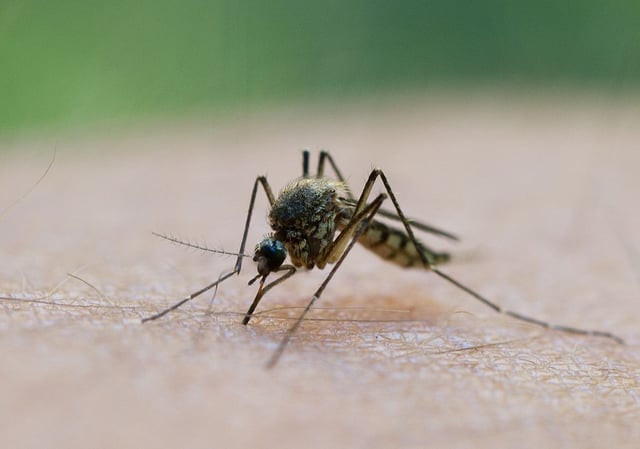Overview
- Northern Germany's dry spring has significantly reduced mosquito reproduction due to a lack of standing water for eggs to develop.
- Experts caution that mosquito populations could rapidly increase if rain refills wetlands, as warm and moist conditions are ideal for breeding.
- The Asian tiger mosquito, a carrier of tropical diseases, remains absent in Schleswig-Holstein, Hamburg, and Mecklenburg-Vorpommern.
- West Nile virus cases, detected in northern regions last year, are expected again in 2025, prompting vaccination campaigns for horses in affected areas.
- Authorities emphasize the challenges of predicting long-term mosquito activity due to the weather-dependent nature of their reproduction.
